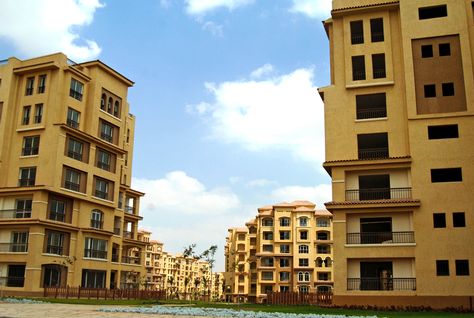
(Photo by Rana Muhammad Taha)
A forum assembled by private-owned daily Al-Tahrir drafted and submitted recommendations to the 50-member constituent assembly tasked with amending the 2012 constitution.
In a press conference held on Tuesday, forum members presented their draft before submitting it to the assembly. Forum member Nasser Abdel Hameed stated that most of the recommendations drafted were not discussed by the constituent assembly.
Khaled Ali, economic and social lawyer and former presidential candidate who took part in the forum, stated that the problem with the current Constituent Assembly lies in its reliance on the old school of constitution drafting; that is, only stating general principles and leaving specific details up to the legislators.
“The new school, followed by countries such as South Africa and Brazil, provides details within the constitution’s rights and freedoms,” Ali said.
The forum was comprised of five specialised sessions, each drafting its own set of proposals. The judiciary authority session mainly focused on guaranteeing judiciary independence within the amended constitution.
Ashraf El-Baroudi, head of the Appeals Court and forum member, said the only passing mention in passing of judiciary independence has been the single biggest violator of judiciary independence. He stated that the constitution should state that the Supreme Judiciary Council is specialised in affairs of the judiciary and the judges, while the Ministry of Justice is tasked with handling courts.
El-Baroudi addressed military trials for civilians, which he said should be completely banned without exception. Article 198 of the 2012 constitution stated that military trials for civilians are prohibited except in cases which “harm” the armed forces.
“This article breaches the right of citizens to be tried in front of their natural, civil courts,” El-Baroudi said. He added that in cases which involve both civilians and military personnel, the case should be separated so that civilians are tried in front of civilian courts and military personnel are tried in front of military courts. “If it isn’t possible to separate the case, then all should be tried in front of their natural court which is the civil court, and the military can be represented in court.”
The rights and freedoms session criticised the state intrusive handling of social issues, in such a way that it appoints itself “the guardian of the people.”
Hanna Grace, leading member of the Egyptian Social Democratic Party, said that such concept of guardianship was further consecrated in the 2012 constitution, especially in the section discussing state elements. The 2012 constitution stated that the state and the society should be keen on preserving the “authentic character” of the Egyptian family.
“Such a guardian state gets to decide the society’s identity,” Grace said. “Legalising the promotion of virtue and prevention of vice stemmed from this section.”
Grace also criticised Article 3 of the 2012 constitution, which gives Christians and Jews the right to resort to their religions when issuing legislations which govern their personal affairs.
“As long as you don’t amend it to ‘non-Muslims’ instead of ‘Christians and Jews’, this article will remain a breach of human rights,” Grace said.
The session discussing transitional justice focused on banning discrimination and creating a National Elections Authority. Ayman Al-Sayad, former advisor to ousted President Mohamed Morsi, stated that achieving transitional justice depends on whether “we are willing to recognise that a revolution broke out in the country”.
“It must be stressed that on 25 January, 2011, Egyptians did not revolt against individuals,” Al-Sayad said. He added that the revolution was against a regime which did not realise the time had come to establish a state only governed by the constitution.
Ali presented some recommendations put forward by the session on economic and social components. He criticised the absence of an article banning foreigners from owning Egyptian lands in the currently amended constitution, adding that such an article would not discourage foreign investment.
Ali also called for an article to be drafted obliging the state to discuss any loans it wishes to take with political parties, civil society organisations and parliament before taking the loans.
The final session discussed the legislative branch of government, the executive branch of government, the Armed Forces and the police.
The Constituent Assembly was appointed by interim President Adly Mansour after receiving lists of nominees from different institutions and political parties, holding its first session in the Shura Council on 8 September. The assembly is granted 60 days to submit a drafted constitution. Assembly spokesman Mohamed Salmawy said the assembly would announce on Wednesday whether it will stop at amending the 2012 constitution or draft a new constitution, reported state-run Al-Ahram.




